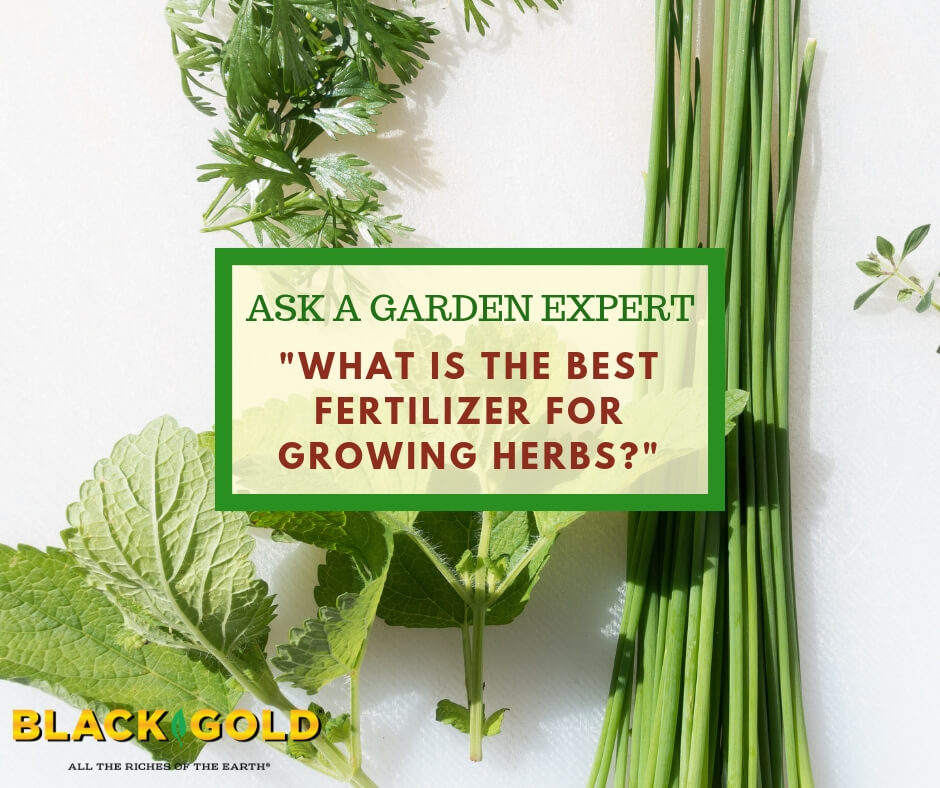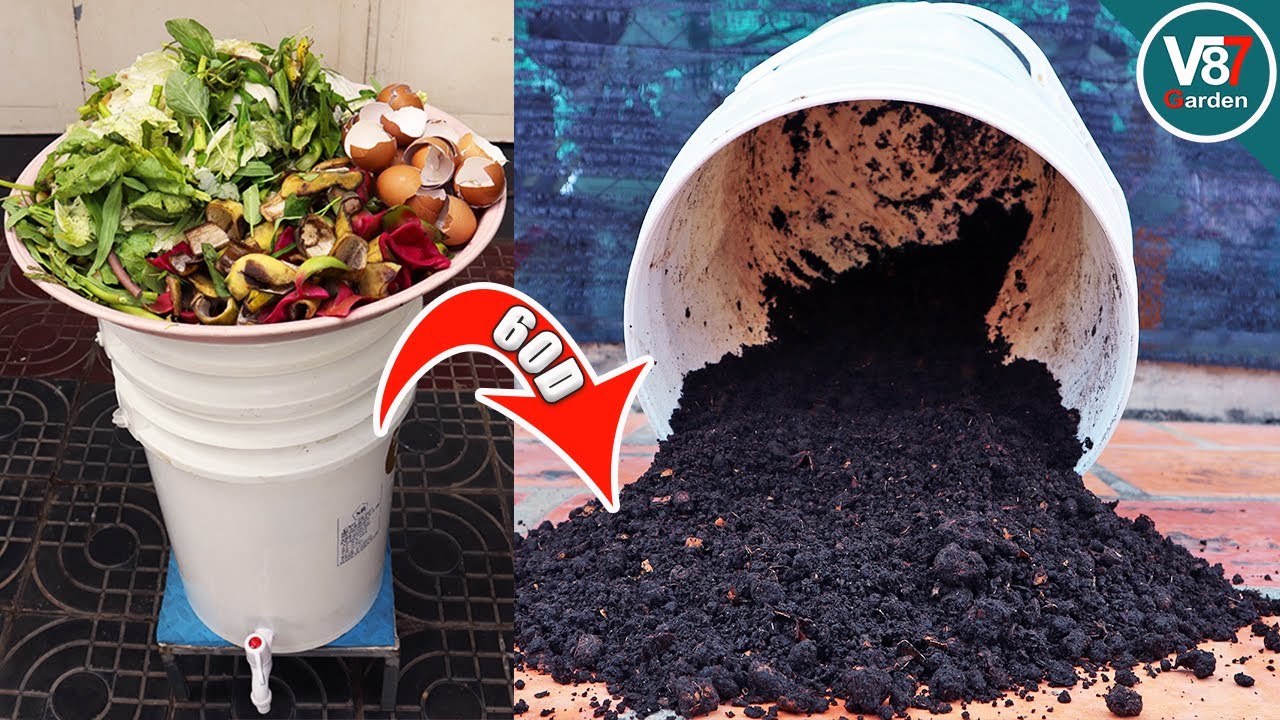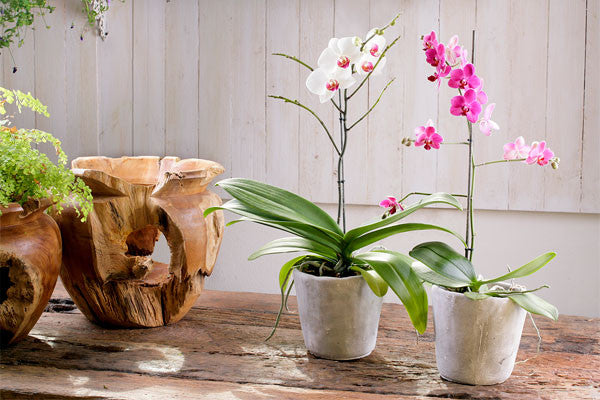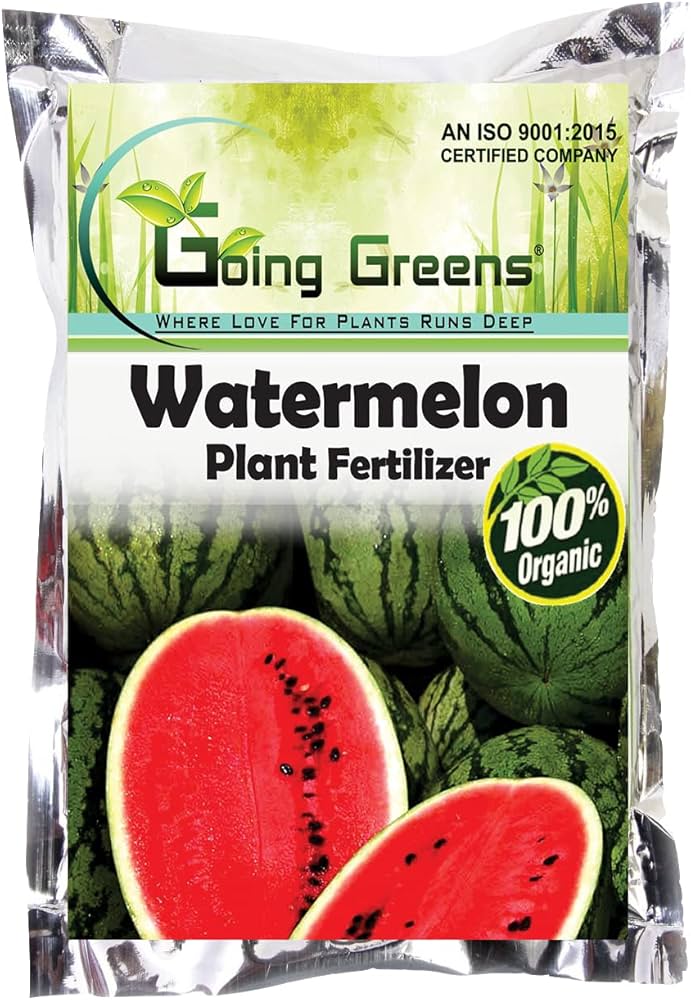Best Natural Fertilizers for Herbs
When it comes to growing healthy and thriving herbs, the key lies in using the right fertilizers. Natural fertilizers are not only better for the environment, but also for your herbs as they provide essential nutrients without the use of harsh chemicals. In this article, we will explore some of the best natural fertilizers for herbs that will help you cultivate a bountiful herb garden.
1. Compost
Compost is often referred to as “black gold” in the gardening world, and for good reason. It is a nutrient-rich organic matter that is created by decomposing kitchen scraps, yard waste, and other organic materials. Compost is an excellent natural fertilizer for herbs as it provides a wide range of essential nutrients such as nitrogen, phosphorus, and potassium. It also helps improve soil structure, retain moisture, and suppress diseases.
To use compost as a natural fertilizer for your herbs, simply mix it into the soil before planting or top-dress around the base of established plants. Remember to regularly replenish the compost to ensure your herbs are getting a continuous source of nutrients.
2. Manure
Manure is another fantastic natural fertilizer for herbs that has been used for centuries by farmers and gardeners. It is rich in nitrogen, phosphorus, potassium, and other essential nutrients that are beneficial for herb growth. However, it is important to use well-aged or composted manure to avoid burning your herbs with excess nutrients.
You can apply manure to your herb garden by mixing it into the soil or creating a manure tea by steeping manure in water. This will release the nutrients into the water, which can then be used to water your herbs. Just like compost, make sure to use manure sparingly to prevent over-fertilization.
3. Fish Emulsion
For a quick and easy natural fertilizer for your herbs, look no further than fish emulsion. This liquid fertilizer is made from decomposed fish and is high in nitrogen, a key nutrient for herb growth. Fish emulsion is fast-acting and can be easily absorbed by herb roots, promoting healthy foliage and strong root development.
To use fish emulsion as a natural fertilizer, simply dilute it with water according to the manufacturer’s instructions and apply it to your herbs. It is best to apply fish emulsion in the early morning or evening to prevent burning the foliage in direct sunlight.
4. Worm Castings
Worm castings, also known as vermicompost, are another excellent natural fertilizer for herbs. These nutrient-rich pellets are produced by earthworms as they digest organic matter, making them a natural and sustainable option for herb gardening. Worm castings are rich in beneficial microorganisms, enzymes, and nutrients that promote healthy herb growth.
When using worm castings as a natural fertilizer for your herbs, you can mix them into the soil before planting or create a worm tea by steeping them in water. This will help release the nutrients into the water, which can then be used to water your herbs. Worm castings are gentle on herb roots and can be applied regularly throughout the growing season.
5. Seaweed Extract
Seaweed extract is a natural fertilizer that is derived from seaweed and is rich in trace minerals, amino acids, and plant hormones that are beneficial for herb growth. It helps improve herb growth, enhance nutrient uptake, and increase resistance to stress and diseases. Seaweed extract is also known for its ability to promote strong root development and improve soil structure.
To use seaweed extract as a natural fertilizer for your herbs, dilute it with water according to the manufacturer’s instructions and apply it to your herbs. You can apply seaweed extract as a foliar spray or as a soil drench to ensure your herbs are getting the most benefit from this natural fertilizer.
Conclusion
When it comes to fertilizing your herbs, natural fertilizers are the way to go. They provide essential nutrients without the use of harsh chemicals, promoting healthy and thriving herb growth. Whether you choose compost, manure, fish emulsion, worm castings, or seaweed extract, you can rest assured that your herbs will thank you for using natural fertilizers.



